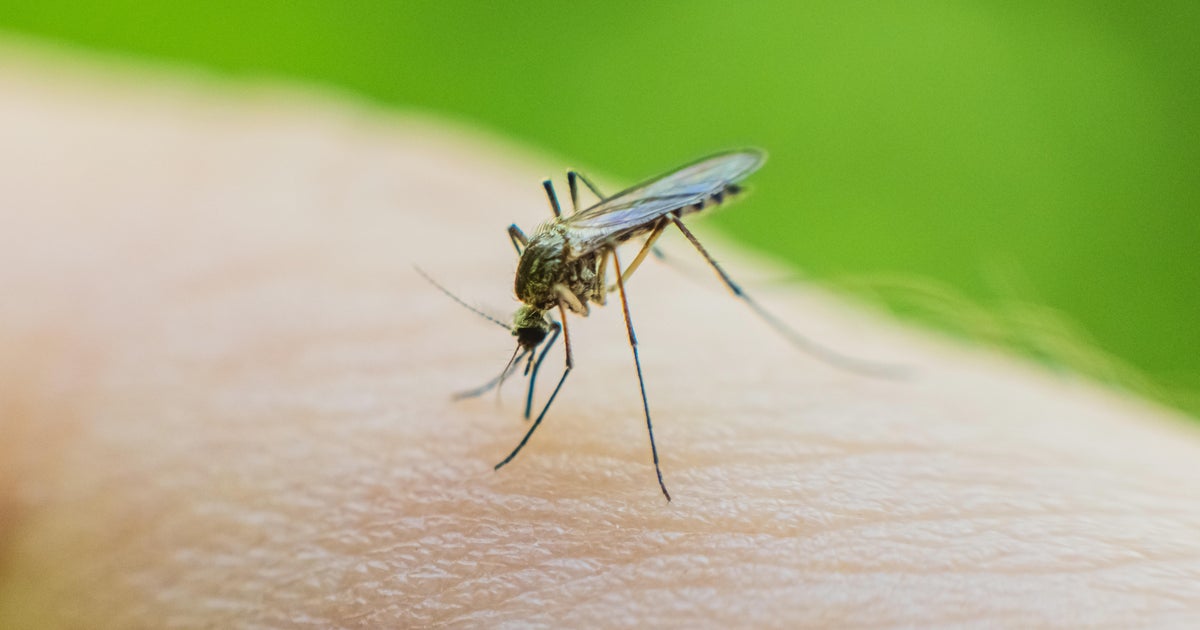Advocates: Federal 'Sequester' Cuts Would Hit Medical Research Hard
NEW YORK (CBSNewYork) -- Doctors, patients and researchers Sunday painted a grim picture of what the human cost will be if Washington lawmakers don't avoid across-the-board budget cuts this coming Friday.
Speaking at Weill Cornell Medical College, U.S. Rep. Carolyn Maloney (D-N.Y.) said if the cuts go into effect, New York State stands to lose almost $170 million.
Advocates: Federal 'Sequester' Cuts Would Hit Medical Research Hard
"So many research breakthroughs come from New York City and State scientists," Maloney said.
As WCBS 880's Monica Miller reported, investment banker Jonathan Lowenberg is a stomach cancer survivor who has raised money for companies like the ones who made the trial drug that he credits with his ongoing recovery. Those companies also relied on federal funds.
Advocates: Federal 'Sequester' Cuts Would Hit Medical Research Hard
"And I sat there listening to those 'patients' on the trial. When you hear that, and then all of a sudden you become one of those patients on the trial, you realize how important funding from the government is for research," Lowenberg said.
As 1010 WINS' Gene Michaels reported, Maloney said it looks like sequestration will happen, bringing cutbacks and layoffs to Weill Cornell and similar institutions.
"But I think the impact will be so devastating that Congress will have to go back and look at it," she said.
That is when she hopes Congress will realize it is necessary to keep America on the leading edge of science and innovation that saves lives.
If the White House and Congress do not reach a deal by Friday, across-the-board cuts totaling $85 billion will go into effect. They will be divided equally between defense and domestic programs.
The Congressional Budget Office has estimated the cuts known as the "sequester" would put 750,000 people out of work. They would also furlough air traffic controllers one day every two weeks – leading to a mass of "delayed" signs at the arrivals and departures boards at major metropolitan area airports.
"Flights to major cities like New York, Chicago and San Francisco and others could experience delays of up to 90 minutes during peak hours," Transportation Secretary Ray LaHood said Friday.
Please leave your comments below...



